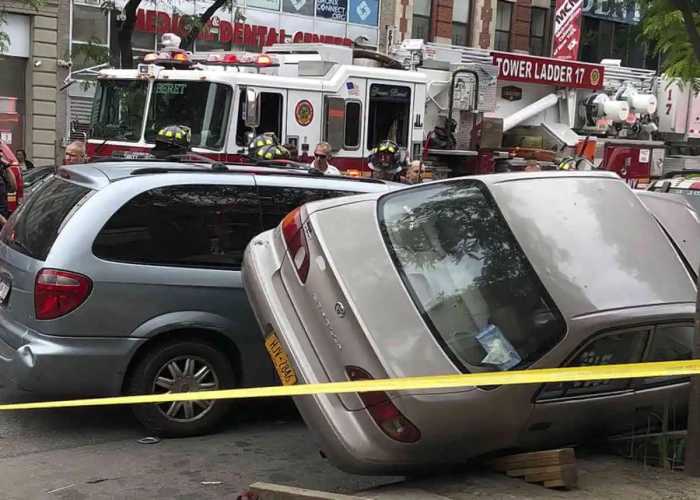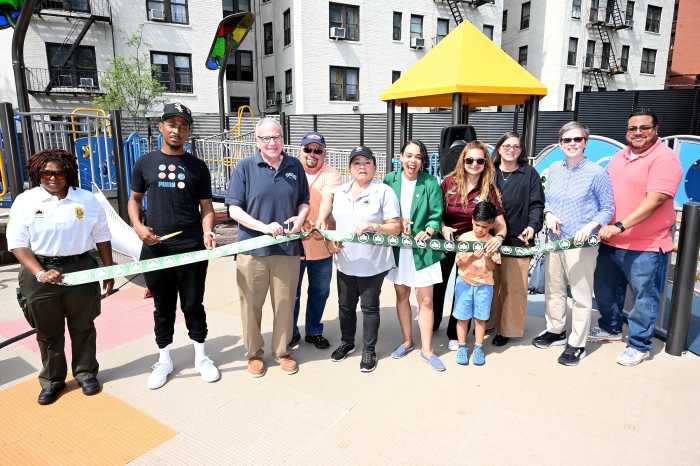A new bill in the Washington hopper should help ease the east Bronx’s plane pain in the ear.
The Silent Skies Act (H.R. 3650) aims to protect the ears of residents in heavily air trafficked neighborhoods by requiring airlines to convert their fleets to quieter noise standards.
Under the law, introduced earlier this month by Rep. Joe Crowley, (D-Bronx, Queens) commercial airlines must hush a fourth of their fleet to meet the Federal Aviation Administration’s Stage 4 noise standards by 2015.
The FAA has required since 2006 that every new aircraft meet the quieter Stage 4 standards, but the sky remains crowded with older, noisier planes.
Crowley’s legislation compels airlines to convert half of their fleet to Stage 4 standards by 2020. One hundred percent of every airline’s planes must meet the lower standards by 2035. Airlines can either purchase new aircrafts or retrofit the older ones with quieter engines.
Maddening noise
Quieter aircrafts would help better the lives of east Bronx locals who have complained of loud low-flying planes for decades, said Ken Kearns, district manager at Community Board 10.
“The planes are a noisy and unhealthy presence in our community,” Kearns said. “On any given day, these planes pass within 300 feet of our local businesses. We have hope that this legislation will improve our quality of life.”
Locals have long griped that planes landing at Queens’ La Guardia Airport create disturbing high-pitched whines as they descend over Country Club and Throggs Neck.
Crowley and Councilman Jimmy Vacca hosted a airplane noise Town Hall Meeting packed with fed-up locals in Country Club last February.
Quiet compromise
CB10 pushed back then for the FAA to reroute some of the ten or so flights an hour that pass over the east Bronx en route to La Guardia. Around 185,000 flights flew over the two neighborhoods into the busy airport in 2012.
But FAA brass flew back at Kearns, arguing that rerouting planes would cause chaos at surrounding airports.
Crowley believes that hushing the existing planes is a worthwhile compromise.
“While commercial aircraft can never be truly silent, we can make sure they are less disruptive to the families who live nearby and improve the quality of life in our communities,” he said at a press conference on Dec. 6 at La Guardia.
Kearns says he’s optimistic as well, but still holds out hope that New York City will someday form a group specifically tasked to deal with community concern about aviation.
Those concerns currently fall into the jurisdiction of the Port Authority of New York and New Jersey, an agency that Kearns said works hard but is overwhelmed.





















